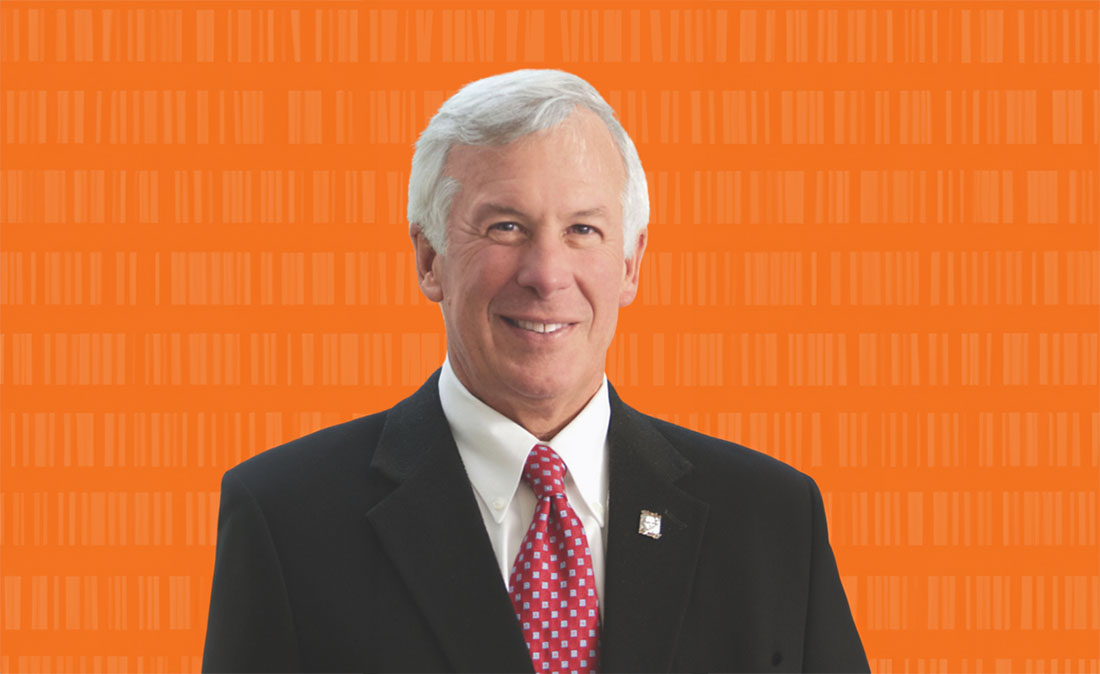The senior vice president of Microsoft Health and renowned spine surgeon will talk about AI’s role in transforming health care ecosystems.
Artificial intelligence is rapidly reshaping the health care landscape, and few leaders embody this transformation more than James Weinstein, D.O. A renowned spine surgeon, health policy innovator and senior vice president of Microsoft Health, Dr. Weinstein will headline the University of Miami Miller School of Medicine’s Dean’s Lecture with a talk titled, “AI in Health Care Ecosystem Transformation.”
• Date and time: Sept. 23, 2025 at noon
Dr. Weinstein’s career spans decades of pioneering work in patient-centered care, health equity and value-based health systems. At Microsoft Health, he leads global strategy and innovation, focusing on improving access and outcomes through AI-driven technologies. His work has consistently emphasized empowering patients through “informed choice” rather than traditional “informed consent,” and he was instrumental in developing Patient Reported Outcome Measures (PROMs), now widely used to assess treatment efficacy.
“I feel very optimistic that artificial intelligence will have a key role to help us transform systems that we all want to make better,” said Dr. Weinstein at a recent Association of American Medical Colleges (AAMC) meeting.
His leadership at Dartmouth-Hitchcock Health and The Dartmouth Institute for Health Policy and Clinical Practice helped establish national collaborations like the High Value Healthcare Collaborative, which improved care quality while reducing costs across 50 states. Dr. Weinstein’s research and policy contributions have earned him appointments to national advisory boards and recognition as a thought leader in health care reform.
In a Harvard Business Review article, Dr. Weinstein and co-author Ron Adner argued that generative AI is not just a tool for efficiency. It’s a catalyst for ecosystem transformation. They emphasized that AI’s true potential lies in its ability to rewire traditional health care silos and create new organizational models that better serve patients. Dr. Weinstein makes sure to underscore the importance of catering technology to patient needs.
“Disruption generally refers to a substitution of technology to make a specific thing easier to do,” he said. “But that doesn’t necessarily change the patient experience for the better.”
Whether you’re a clinician, researcher, student or health care leader, this lecture offers a unique opportunity to engage with one of the foremost voices in AI and health care transformation.

